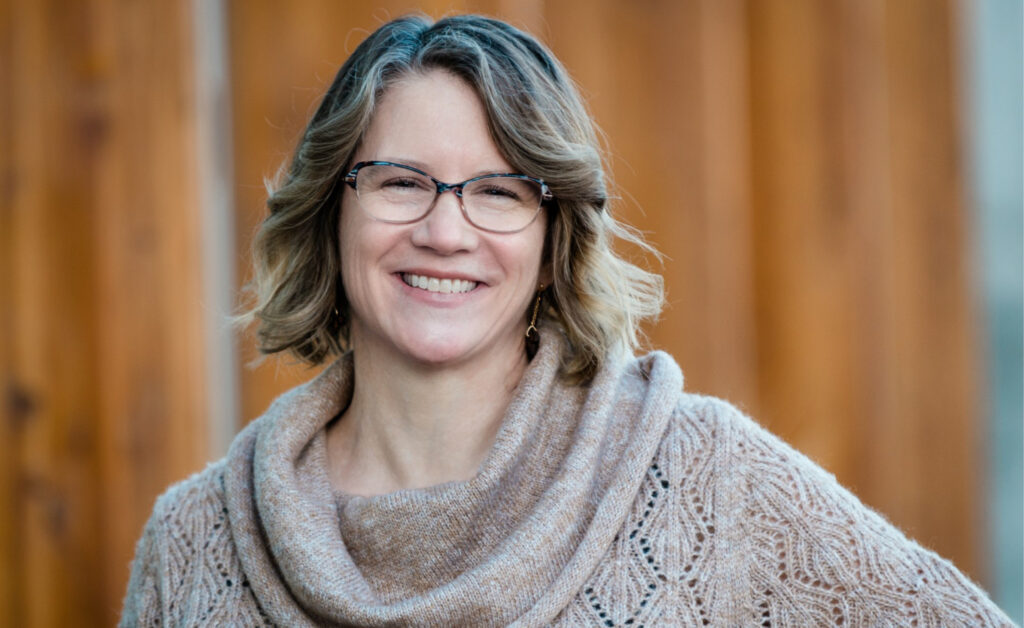by Leslie Denko, Mortgage Alliance, Cutting Edge Lending –
The mortgage landscape has recently been stirred by the Bank of Canada’s decision to lower its key interest rate by 0.25%, the first reduction in over two years. This move reignites the debate among homeowners: should one opt for a fixed-rate or a variable-rate mortgage? Given the possibility of further rate cuts, some are now pondering whether a variable rate might be the smarter choice.
Fixed-Rate Mortgages offer stability with an interest rate that remains constant throughout the term. This predictability allows for consistent monthly payments, which can be a major advantage for budgeting and long-term planning.
Variable-Rate Mortgages have interest rates that fluctuate based on changes in the prime rate. Historically, these rates were often lower than fixed rates, but they come with the risk of potential increases in the future.
With the recent rate cut, variable-rate mortgages have become a topic of conversation again.
The Bank of Canada’s recent decision to lower rates could be the first of several reductions, but nobody knows for sure. Variable-rate mortgage holders would directly benefit from any additional rate cuts, reducing their interest payments.
Variable-rate mortgages often come with more flexible terms, including lower penalties for breaking the mortgage early.
Despite the allure of potentially lower rates, fixed-rate mortgages offer significant benefits.
A fixed-rate mortgage provides the security of knowing exactly what your payments will be for the duration of the term. For those with tight budgets or who prefer long-term financial certainty, the stability of a fixed-rate mortgage can be more suitable.
Fixed rates insulate you from future interest rate increases. Even if the Bank of Canada eventually raises rates, your mortgage payments will remain unchanged.
Choosing between a fixed and variable rate mortgage depends on your financial situation, risk tolerance, and expectations for future interest rates. If you believe that more rate cuts are on the horizon and are comfortable with the associated risks, a variable-rate mortgage could potentially offer substantial savings.
However, if you prefer the peace of mind that comes with stable, predictable payments, a fixed-rate mortgage remains a solid choice. In times of economic uncertainty, the security of a fixed rate can outweigh the potential benefits of betting on further rate cuts.
Ultimately, consulting with a Mortgage Professional can help tailor your mortgage choice to your specific needs and goals, ensuring you make the most informed decision.
For more information, visit www.lesliedenko.com.




